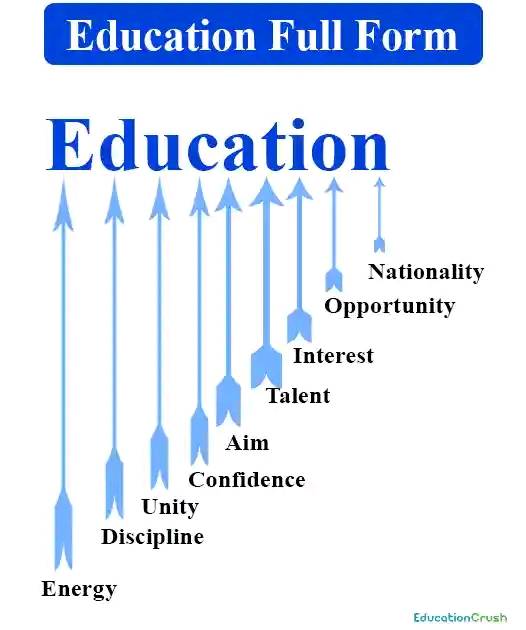“Tweaks, Not Tornadoes: Why Ghana's 1992 Constitution Might Just Need a Touch-Up”
A few months ago, I found myself in a heated debate at a local chop bar in Osu. We weren’t arguing about football (for once). The hot topic? The 1992 Constitution. One guy, visibly fed up, slammed his bottle on the table and shouted, “We need to throw the whole thing away and start fresh!” Everyone laughed, but not because it was funny. It was that kind of laugh people give when something feels a little too close to the truth.
Now, I’m not a constitutional lawyer or anything (I still Google the difference between a bill and an act sometimes), but I’ve been paying attention. And when I heard Prof. H. Kwasi Prempeh say that the 1992 Constitution needs tweaks, not an overhaul, something about that felt... right. Not perfect. But grounded.
See, Ghana’s democracy, for all its messiness, has held on tightly to this constitution for over 30 years. That’s longer than some of us have been alive. So yeah, it might have a few wrinkles — outdated provisions, executive power that seems to flex a little too much, and let’s be honest, those parts that make Parliament look like a political playground. But does that mean we burn the whole thing to the ground and start from scratch?
Honestly, that feels like changing your entire wardrobe just because one shirt doesn’t fit.
Prof. Prempeh made a strong point — the foundation isn’t broken. It's more like a house with solid bones but outdated kitchen tiles. Some of the issues — like the blurred lines between executive and legislative powers or the lack of checks on presidential appointments — are fixable without tossing out the good stuff. And there is good stuff. Like the Bill of Rights, or the relatively clear rules about elections and terms. Not perfect, but not trash either.
But I get the frustration. When you're stuck in traffic because a minister’s convoy needs to zoom past, or you’re job hunting for months while politicians get ex-gratia every four years — the system feels rigged. And it’s tempting to think a new constitution is the magic reset button. But in my opinion (and I may be wrong), even the best-written document can fail if the people interpreting and enforcing it aren’t accountable. You can’t legislate integrity.
And here’s a side thought I can't shake: if we suddenly called for a brand-new constitution, who exactly would write it? Same politicians? Committee of so-called experts? Twitter influencers? (Okay, that last one’s a joke… sort of.)
Sometimes I think we confuse change with drama. We want something to look big and bold — like a full constitutional reboot — when what we really need is consistent, thoughtful reform. One clause at a time. Quietly. Intentionally. Kind of like how relationships don’t need grand breakups — just better communication and the willingness to adjust.
So maybe Prof. Prempeh has a point. Maybe we don’t need to set the whole thing on fire. Maybe we just need to fix the leaks and repaint the walls.
But hey, what do you think? Can we fix the cracks without tearing down the house? Or are we just patching up a structure that was never meant to last this long?




No comments yet
Be the first to share your thoughts!